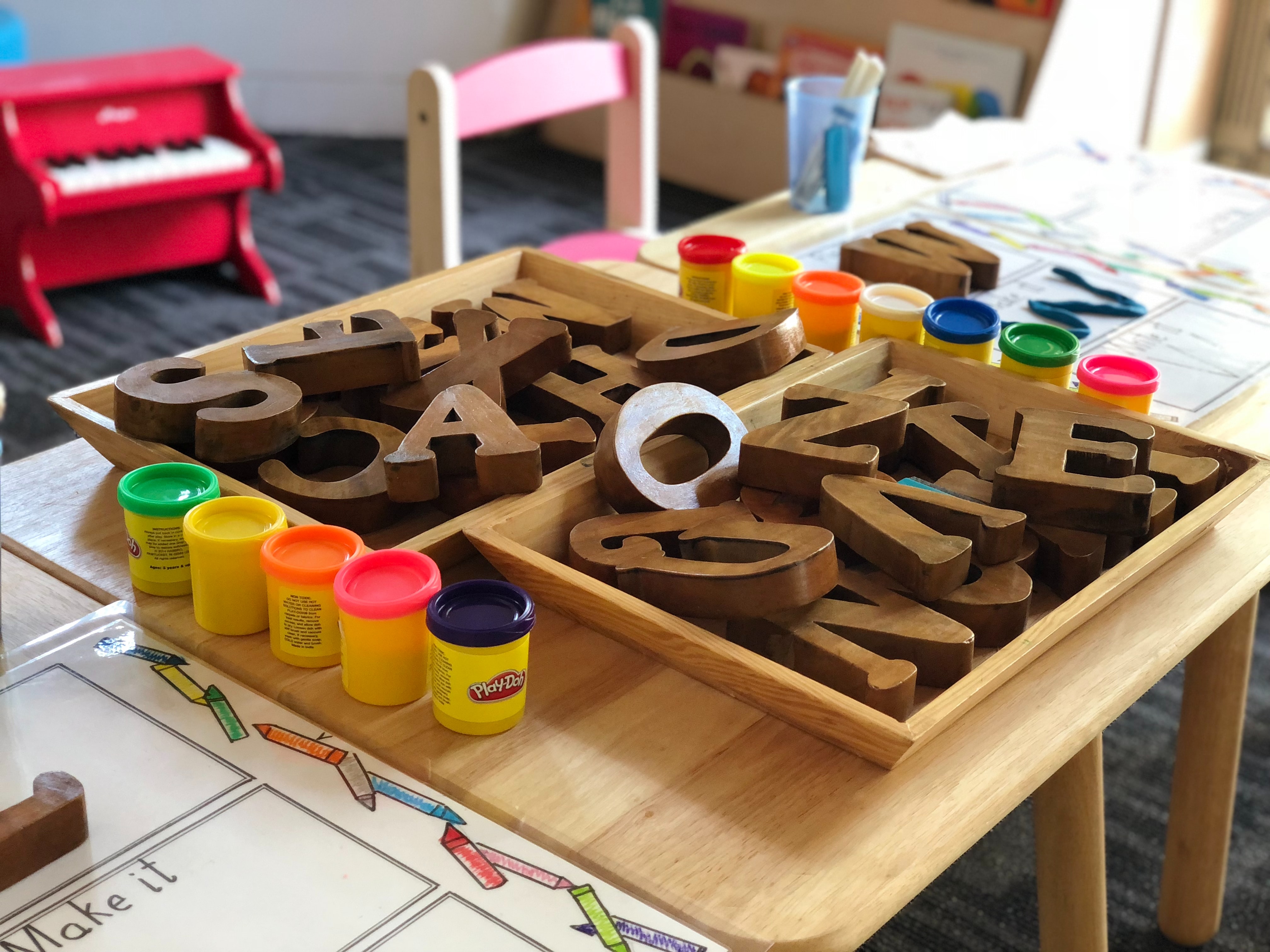Read Aloud Tips
Did you know that in your home there exists a hidden gift that will guarantee your child’s vocabulary and language development? Did you know that this same gift could unleash your child’s critical thinking and conversational skills? That gift is the gift of reading aloud to your child.
It is never too early to start reading to your child. Even newborns and toddlers will benefit from the interaction with early literacy. The time you invest in your child now will later grow into solid reading comprehension skills, a mastery of language acquisition, and a greater chance of overall success at school.
The suggestions below will all enhance your read-aloud time with your child:
• Try to go a step beyond simply reading the book to your child. Talking about the book, either during or after reading, is vital to your child’s development of critical thinking and language skills. Asking yes or no questions, such as “Did you like the book?” are not as effective. Try sharing your response to the book instead by saying something like, “I’m really surprised by the ending. I thought he would have returned home.” This may be more likely to make your child share his/her opinion. Be accepting of your children’s opinions, so that they learn there can be more than one right answer. As children become used to sharing their opinions, their insights will improve.
• Stock an enjoyable selection of children’s books from which to choose. If you are reading to an infant, try using picture books that are in black and white. For older children, use pictures that have bright, attention-getting colors. Check to make sure the language flows nicely. Are the topics interesting for your unique child? The internet and/or librarians can be good sources for finding popular children’s books.
• Make sure you pre-read and like the book you are reading to your child. Your enthusiasm and enjoyment of the experience, or lack thereof, will come through.
• Shorten or bypass long descriptive passages until your child’s attention span is capable of handling them.
• Allow your child to choose the book to be read. If he/she chooses the same book every night (kids love repetition), then extend the session and bring in a book of your choice to read afterwards.
• Previewing the book with your child is an important reading strategy that will enhance your child’s reading comprehension. Look at the pictures before you start reading. Always read the title and the author’s name of the book, even if you’ve read it a million times already. Review some key vocabulary words that may be unfamiliar to your child. Ask your child to predict what the book will be about.
• As you read, try asking your child what he/she thinks will happen next? This will maintain their interest, keep them involved, and build their reasoning skills.
• Allow young children to have a role during the reading by allowing them to turn the pages for you or by having them recite key phrases of the story from memory.
• If you lack the time to finish the book, make sure you choose a good stopping point that will hold your child’s suspense until the following day.
• Read-alouds should not end after your child learns to read. Beginning readers need a lot of opportunities to practice, and they still enjoy being read to!
• As children grow into more independent readers, try parallel reading with them. This occurs when parents read the same book their child is reading and allows them opportunities to discuss the book together. Parents can also select books by the same authors their children read, and make future reading recommendations to their kids. Involved parents can be one of the biggest influences over what and how often children read. Enthusiasm is contagious!
Does your student need additional support for reading fluency and/or comprehension? Club Z! Tutoring of Pittsburgh is here to help. Please reach out by calling 412-348-8599.
 CATEGORIES
CATEGORIES
- Benefits of Tutoring (2)
- Club Z! Pittsburgh (3)
- Encourage learning (3)
- Preschool/Kindergarten (1)
- Program advantage (2)
- Quick Tip Series (7)
- Study Tips (1)
- Summer Programs (3)
- Uncategorized (2)

 Elaine
Elaine  February 28 ,
2023
February 28 ,
2023  0 Comments
0 Comments